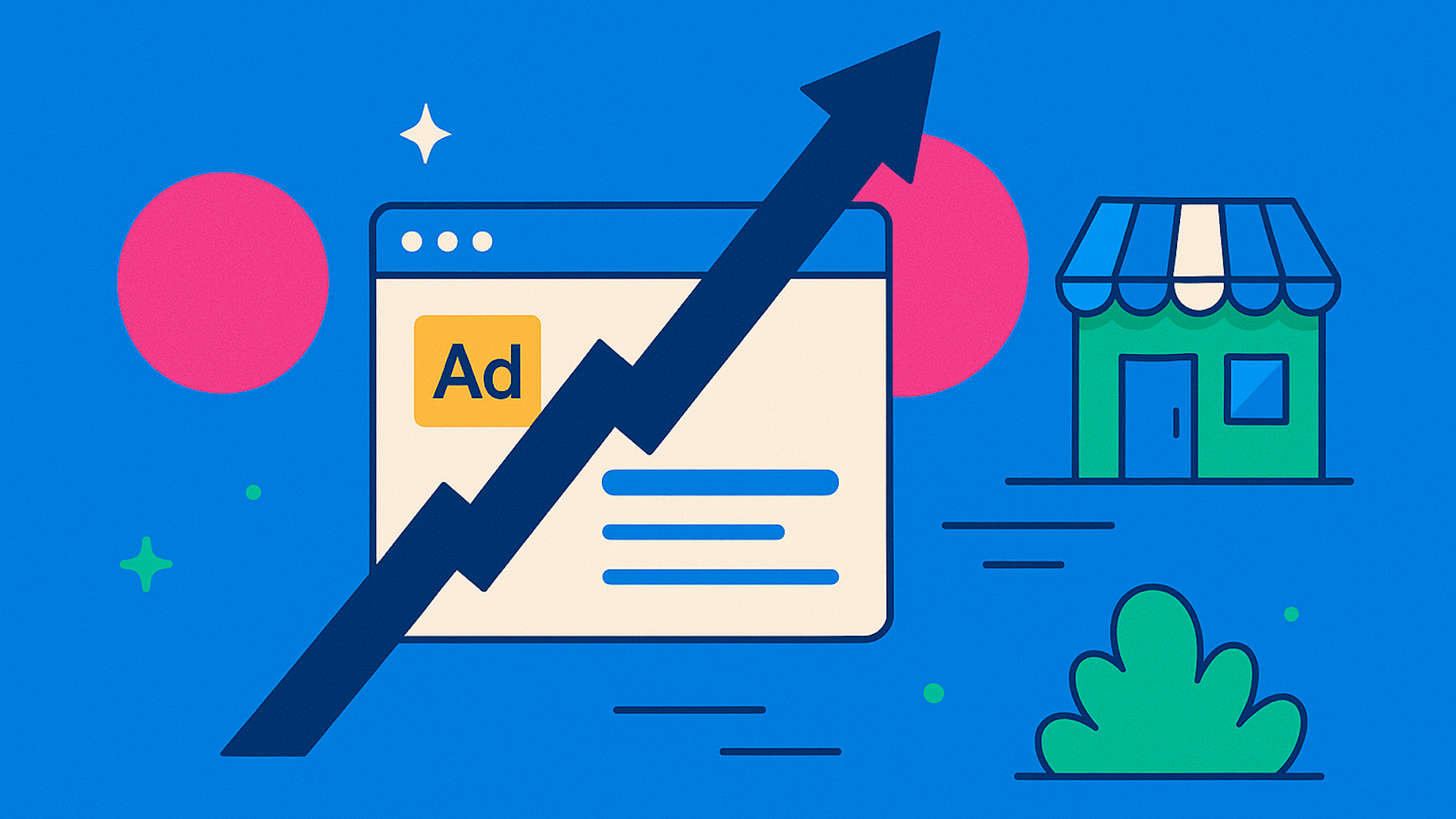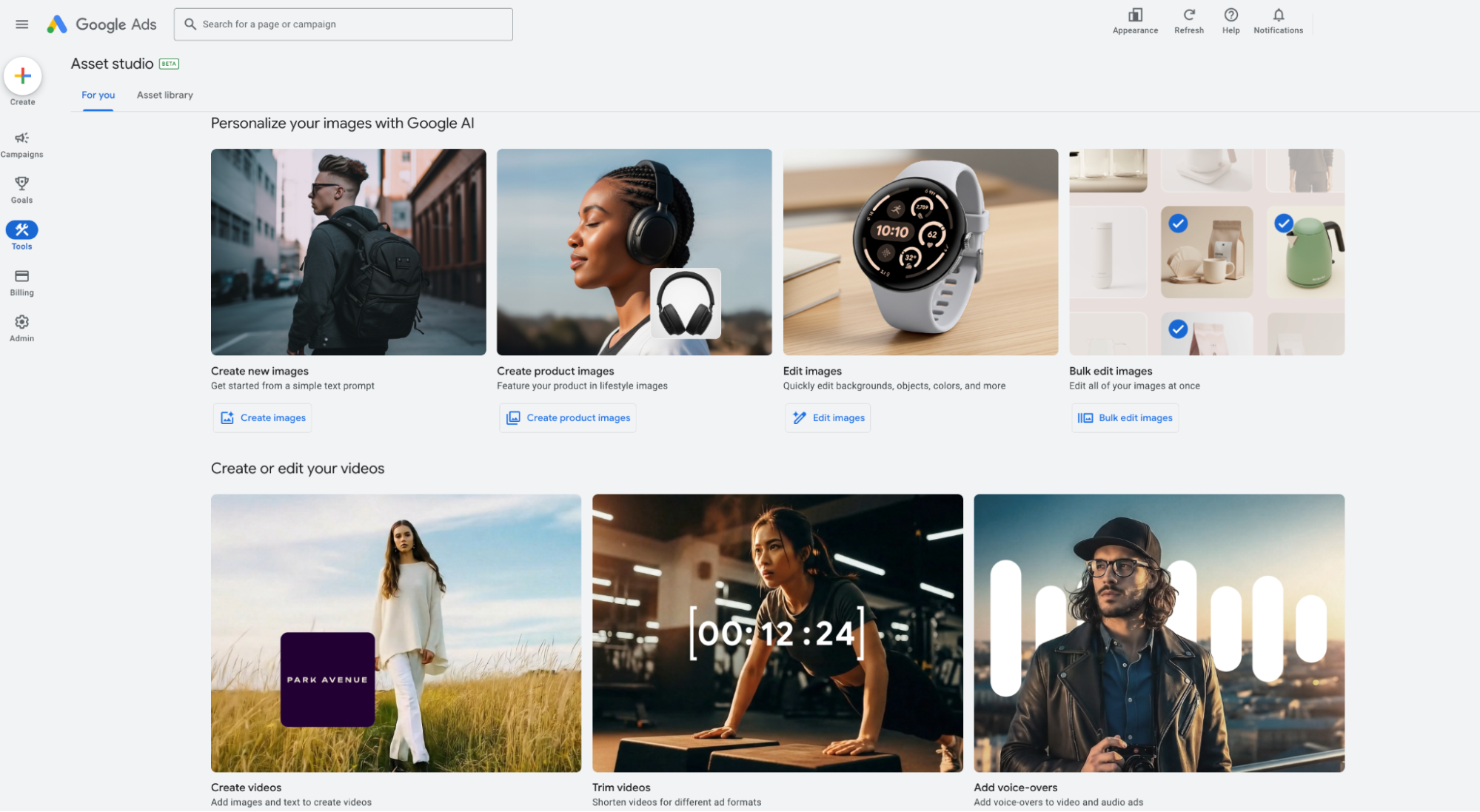Can small businesses compete on Google Ads anymore?

Paid advertising, particularly through Google Ads, is a cornerstone marketing channel for businesses of all sizes.
However, there is no denying that with big brands dominating the platform, it’s becoming harder for smaller and mid-sized businesses to see success.
In fact, more than 50% of respondents to a recent poll said small businesses have been priced out of advertising on Google Ads.
Here are just a handful of the difficulties that small businesses face when advertising on Google Ads compared to bigger brands:
- Rising costs: With CPCs on the rise, it’s becoming more expensive for small businesses to drive potential customers to their websites.
- With their Google Ads budgets no longer stretching as far as they once did, smaller businesses are missing out on opportunities to generate customers, while bigger brands are more likely to have the flexibility to increase their spend.
- Data volumes: Google Ads features such as automated bid strategies and RSAs (Responsive Search Ads) work more effectively when sufficient data is running through the account.
- However, for smaller businesses with modest campaign budgets, lower data volumes can result in it taking much longer for the system to learn. This means that they need to be more patient when waiting to see results, often needing to wait months before their account runs more effectively, a privilege that not all small businesses can afford.
- Account management: Using the correct bid strategy, implementing best practices while building an account unique to your business, navigating keywords and match types… There is an endless list of things to consider in order to run an efficient Google Ads campaign.
- While bigger brands are likely to have an expert on hand (if not a whole team or department), smaller businesses are less likely to have these skills in-house or be able to afford to have an agency run campaigns on their behalf. As such, many small businesses are not using Google Ads to its full potential.
- Brand awareness: Even with the best product or service in the market, brand awareness can make or break PPC efforts.
- Bigger brands typically benefit from stronger brand awareness among their target audience. and this recognition can drastically improve their click-through rate and conversion rate. People are more likely to purchase from brands that they are already familiar with.
- In comparison, smaller businesses often do not have a strong level of awareness or visibility, leaving potential customers unaware of their existence. They therefore face an uphill battle of building awareness, trust, credibility and recognition, to persuade people to engage with them, and not the market leader.
Despite these challenges, there is still hope for small businesses.
While the PPC playing field favors bigger brands, small businesses can still compete, as long as they do so with well-rounded strategies, smart targeting, and a willingness to adapt to and keep up to date with platform developments.
Or as Hana Kobzová puts it – small businesses just need to outsmart, not outspend.

Dig deeper. The Google Ads mistakes costing SMBs time and money
Let’s look at three ways smaller businesses can outsmart bigger brands.
1. Focus on quality traffic over quantity
Where is the value in generating 10,000 clicks in a single day if it’s an irrelevant audience, who are not a right fit for the product or service?
Smaller businesses can benefit from focusing on a smaller segment of people, who are more closely aligned with the wants, needs and interests of their target audience, rather than casting a wide net and driving anyone to their site.
- For example: If a business only provides catering services for weddings, then their keyword list, ad copy, ad assets (extensions) and landing page need to be specifically chosen to resonate with someone planning their wedding.
This will likely lead to a decrease in metrics such as Impressions and Click volume, especially if the initial targeting methods were more broad. However, the more relevant the traffic, the higher the likelihood of conversion and monetary value being driven through PPC.
2. Make every click count with accurate tracking
If businesses don’t implement Conversion tracking, then they can not accurately understand how their PPC campaigns are performing. And without understanding how their PPC campaigns are performing, then they can’t optimise them accordingly.
All businesses need to ensure that they have accurate conversion tracking, but for smaller businesses where every single penny counts, they need to ensure that their campaigns are generating real value.
3. Create winning ads without big budgets
With tools like Asset Studio now appearing in most Google Ads accounts, it’s never been easier for small businesses to create and edit images and videos for their campaigns.

Small businesses no longer need to allocate budget towards costly asset production to make their ads stand out, they can create new visuals and videos directly in the Google Ads platform, saving them both money and time.
Whilst the limitless capabilities of AI are compelling – who doesn’t want to see what a unicorn with the face of a pug jumping over a rainbow would look like – small businesses should still keep to their brand guidelines and ensure that the assets they create are an authentic representation of their brand.
Expand beyond Google to reach your audience
Small businesses struggling on Google Ads have plenty of other platforms to explore.
- Microsoft Advertising is an excellent alternative to Google Ads for many small businesses. Most verticals have lower CPCs and can deliver strong performance for industries that favor an older, more professional audience. It offers a similar interface and experience to Google Ads, but ads run across the Microsoft and partners network, including Bing and Yahoo.
- Social media platforms, such as Meta and TikTok, offer small businesses valuable opportunities outside of the Google network. You can reach your target audience on the websites and apps they frequent.
How smaller brands can compete on Google Ads
Smaller businesses can achieve meaningful success on Google Ads by outsmarting larger competitors through:
- Sharper targeting that prioritizes quality over quantity of traffic.
- More robust conversion tracking.
- Using the creative tools on Google Ads.
Bigger brands may benefit from sizable budgets and strong brand awareness. However, smaller brands can still be competitive on Google Ads.
It is by no means easy, but it is possible.
Dig deeper. Google Ads for SMBs: How to maximize paid search success






Recent Comments